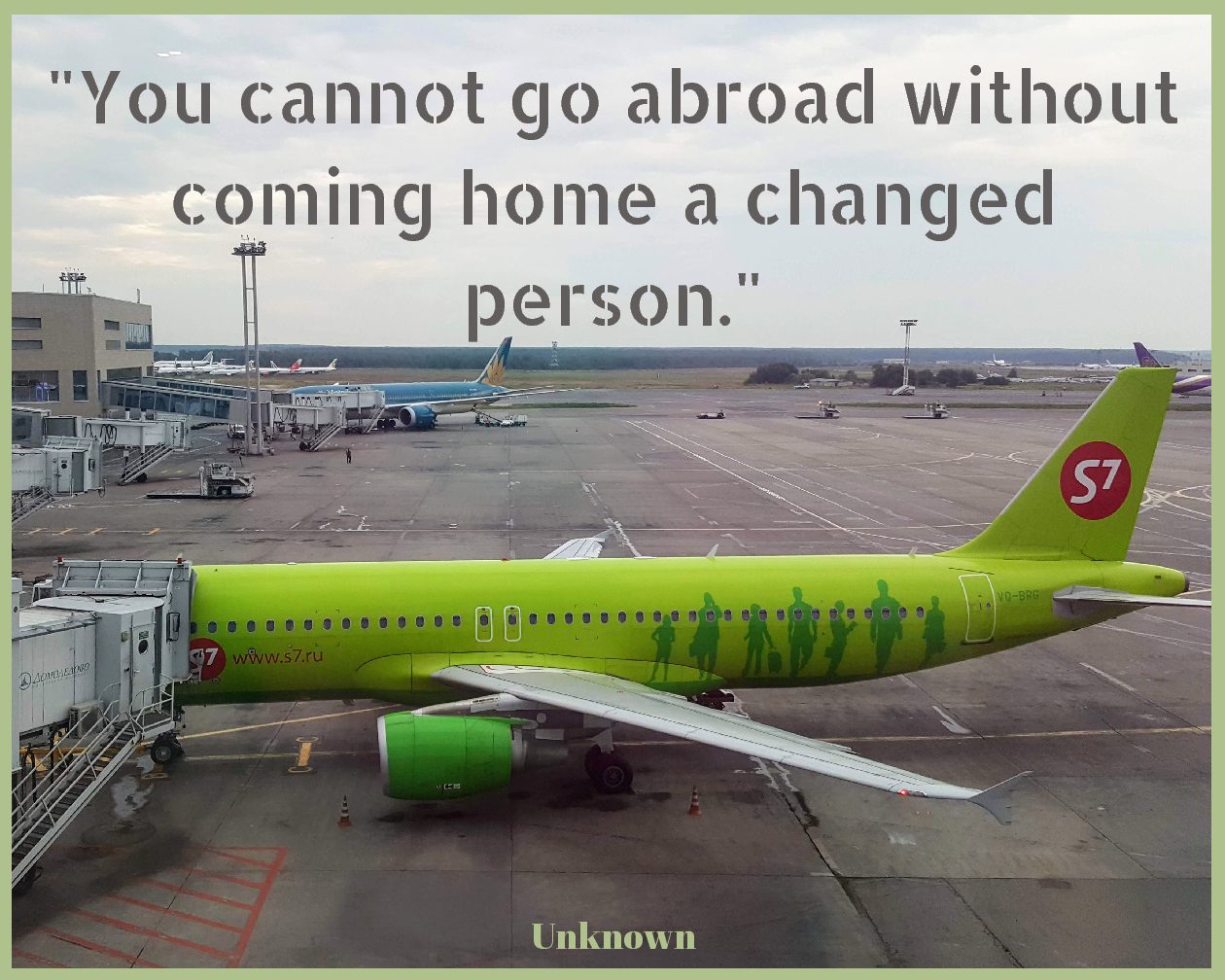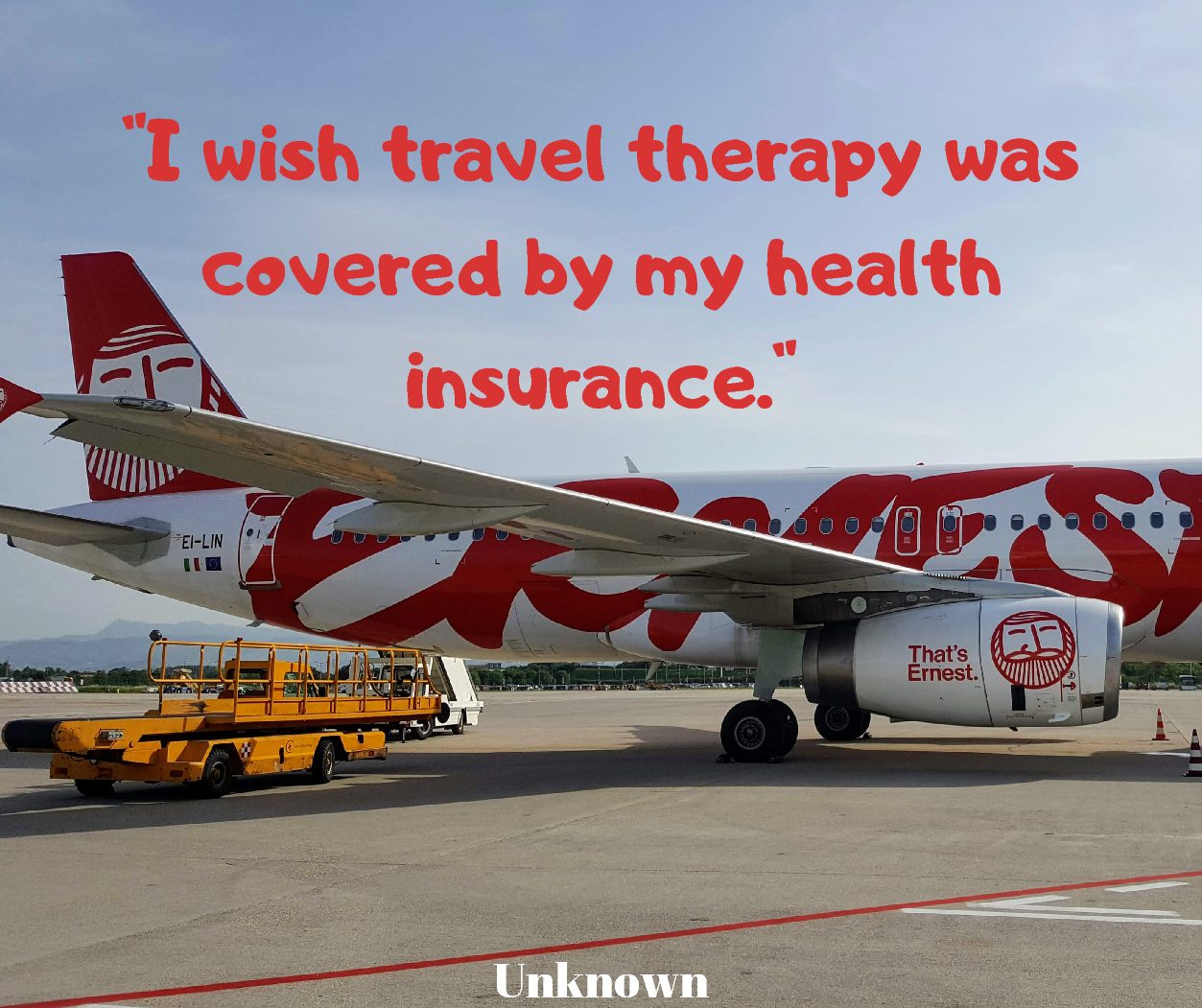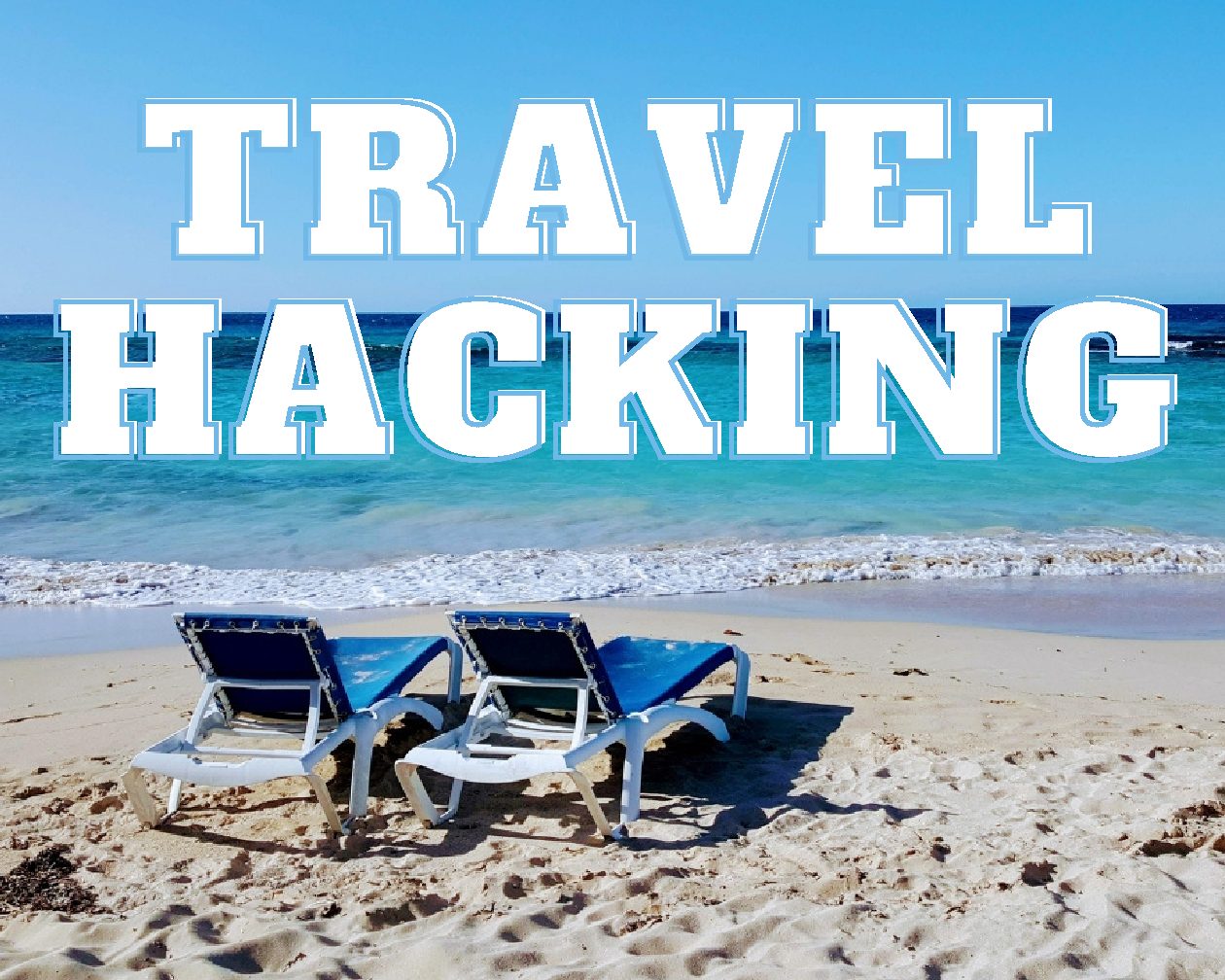
What to Figure out Before Traveling Abroad
This post might contain affiliate links. That means I may earn a small commission at no extra cost to you, if you buy through my site. I appreciate your support of my site.
Doing something new for the first time is scary. Traveling abroad can seem like a daunting task when you have never done it before. But like any thing in life worth doing, it is so rewarding! The news can make a person want to stay home and never leave their hometown, much less the country. I can tell you that while unfortunate events can and do happen, the most likely problems you will face will be from not being prepared and figuring out the details before your trip. To prepare for your first overseas adventure you need to turn off the television, stop worrying and figure some things out! While these tips are helpful to any traveler, this list of things to figure out before traveling abroad is geared to Americans.
Passport

US Citizens need a passport to leave the country. Each country has different requirements for visiting foreigners. Many require your passport to be valid 6 months AFTER your designated departure from their country. Numerous countries also require two blank passport pages. Use the US government website to search for the passport requirements of the country you want to visit.
Check the US department of travel for the steps on how to obtain or renew your passport. After you have completed all the steps the estimated processing time is 4 – 6 weeks. If you need your passport sooner you can apply to have it expedited for an additional cost.
You may want to bring a photocopy of your passport along on your trip. Keep it in a secure place away from your original passport. If something happens to your passport, having a backup will come in handy.
Visa

A visa is typically a sticker that goes into your passport. It is valid for one particular country. Use the US government website to search for the visa requirements of the country you want to visit. US citizens can visit a large number of countries for 90 days or less without a visa. Brazil, China, India, Russia and Vietnam are some of the most popular countries that Americans need a visa to enter. Of course I decided to teach abroad in one of the countries known to be the hardest for Americans to get visas, Russia!
AVOID: When I was on-line to board my plane going to Cyprus from Moscow, the guy ahead of me got turned away because he didn’t have a visa. Don’t be the guy who finds out he needs a visa when BOARDING the plane!
Vaccinations

AVOID: We said good-bye to a new found friend leaving Buenos Aires for Cape Town. While we were sad to see her go, she was excited to continue on with her travels. Three days later I did a double take when I saw her at a friend’s asado (Argentinean BBQ). It turns out she needed to have a yellow fever vaccine done a certain number of days before entering Cape Town. She had to wait another week or so to fly to Africa.
Moral of the story, know if you need any vaccinations and the accompanying rules before traveling to a new country. Some countries require certain vaccines for everyone, other countries only require vaccines if you are coming from a particular country and some do not require any vaccines to enter. Sometimes a vaccine isn’t required, but it is recommended. Also be aware that it can take awhile to get a vaccine so don’t leave it for the last minute. For example, the yellow fever vaccine has limited availability in the USA now.
To check for recommendations or requirements search for the country you plan to visit on the Center for Disease Control and Prevention site.
Electricity

AVOID: Whether you try to make a relationship work with a incompatible partner or put your American phone charger in an European outlet, a round peg just doesn’t fit in a square hole! Make sure you check the voltage and plug-in situation in your destination or you might end up without technology. I know that sounds pretty terrifying to some of you! Even worse you could ruin an electronic device or appliance by not converting the voltage.
The United States runs on 120 Volts, at 60 hertz and has A/B plugs. You can check countries voltages and plug sockets here. Huh? Don’t worry you don’t need to understand electricity! Just figure out these two things:
1. You need to be able to plug your cord into the wall socket. To see if your USA A/B plug will work abroad, check to see if the country you are visiting has an A/B plug. Here are some pictures of the different lettered plug sockets for the visual learners! If the country you are visiting is the same letter plug, great!
If not you will need an adapter plug that has the same prong configuration as the country you are visiting (the same letter plug). If you plan to travel abroad to various countries, universal adapters are convenient as they have multiple plug options.
2. Now for voltage. Different countries run at different voltage ranges. You want to make sure your US devices will be safe getting charged at your destination. The US generally uses electricity at 120 volts. The majority of phones and laptops are now running on 100 to 240 volts, which covers all the voltages. If need be you can often find the voltage for your particular device in fine print or in a user manual. Most of the time you will just need to use an adapter, unless you are bringing your coffee maker. Which for the record I would recommend against!
If you do have an item that holds a different voltage than where you are charging it, you need to get a converter. Many converters are also adapters all in one.
It’s not ideal, but if you end up getting to your accommodation and find out you don’t have the correct adapters or converters you can always ask the staff or host of where you are staying for recommendations where to buy one. You might get lucky and they will let you borrow one too!
Phones

Ask your phone company if you have a plan that works abroad and what the cost will be. Before I started traveling a lot I just went without my phone, but that was back in the days of paper maps and social interaction in person! When living in Russia my phone plan was the crazy amount of $8 USD a month, so it didn’t bother me too much to pay roaming charges abroad. Lately for extended stays I find getting a local sim card is the easiest and most economical way to go. Be aware that your phone needs to be unlocked to be able to switch the SIM card. If you can go without using your phone for directions and other not so important tasks, you will be able to get by on using WiFI many places around the world. I’m grateful for WhatsApp, a free texting, calling and video calling app that works off of data or WiFi.
Money

1. Cash: Check the foreign currency ahead of time and see if it is best to exchange money at a US bank or after you arrive. Larger banks will have common currencies like pounds or euros on site. Other currencies they will need to order so allow enough time for delivery. Banks typically have a better rate than currency exchange places. Most airports have currency exchange kiosks, but you usually get the worst deal if you go that route. ATMs are usually the best bet once abroad, but always check with locals if they recommend other methods.
2. Credit/Debit Cards: Make sure you contact your financial institution before leaving. Many will flag and put your card on hold if they see a foreign transaction. I recommend having more than one card through different places. It is good to have a back-up if a card gets stolen, put on hold or has limits in a particular country. Know if your cards have any foreign transaction fees before too much damage is done! Also countries differ in the amount they use credit cards. In Iceland I could have went the whole trip with only a credit card. In Argentina sometimes only a specific brand of credit card was used. Check out this list of credit cards for travelers.
I find having a small amount of local currency combined with a few no fee credit cards with different institutions and different brands is the best way to go in most countries. Knowing the conversion rate ahead of time can save some trouble too. Or you can always get a surprise on your credit card statement when you get home!
Drinking Water

Nobody wants a vacation ruined by a stomach bug. When figuring out if I can drink the water at my future destination I always check this infographic first, which shows the safety of tap water by country. Some countries water supply varies from place to place within the country. I always google “can I drink the water in……” to get a better idea if it is safe. Lastly I ask the staff or my host wherever I am staying. Remember that water is typically not served free outside of the US. Even if the water is safe to drink, often locals will still drink bottled water.
For European countries check this list to see if the country(ies) you are visiting have safe drinking water. If you visit Iceland make sure to drink the water, it is the best water I have ever had!
Medical Care

I know receiving medical care abroad can be one of the most frightening experiences for a lot of people. I was terrified to go to the ER in Buenos Aires, but then again I am just as terrified within the US. Remember that there is good quality medical care in a lot of places around the world. Check to see if your insurance covers you abroad. If you are looking for traveler’s insurance a lot of travelers, including myself, use World Nomads. Remember to bring enough of your prescribed medicines abroad with you.
Language & Culture

It’s good to be aware of the local language. Locals always appreciate when foreigners try to speak their language, so be open to learning a few words. In countries where most people do not know how to speak English have a plan for communicating important words. Have a translator on your phone, write down the address of where you are staying and have handy any important words like foods you are allergic to or the name of the metro stop you want to stop at.
It’s also helpful to learn a bit of the culture of the place you are visiting. How do the locals greet each other? When are usual meal times? What is the general dress code for the places you plan to visit? Knowing these things can prevent you from immediately being pegged as a tourist and help you to respect the place you are visiting. On the other hand don’t go overboard with pre-research and think you know everything about the people and places you are encountering. Always remember to bring an open mind on your travels!
The Unexpected

As much as you prepare ahead of time for your travels abroad, there is a possibility for something unexpected to happen. That is part of life and of course part of traveling too! Losing your luggage, forgetting something from home, having transportation delays and more can all be part of travel. But don’t let it ruin a wonderful time abroad. Remember there are a lot of good, kind people around the world to help you if you need assistance. Of course you might find just how capable you are too!
Wow, I have to do all that just to travel? Shouldn’t I just stay home? No, No, No! Someday I will have to write a post on the reasons and benefits of travel, but for now take my word for it and check out my Facebook page where I post a weekly reason or inspiration to travel! If you figure out all these things before traveling abroad and take a bit of common sense along with you on your travels you will be sure to have a wonderful experience abroad!
Pin It!!





You May Also Like

Brass Taxes: The Best Tax Accountants for Freelancers
January 6, 2022
World Nomads Travel Insurance Review
June 25, 2019


17 Comments
Travel Optician
Totally agree with all you wrote, I had a chance to experience it twice. By now I changed two foreign countries and the only thing that I regret about it – is to be back home again. It definitely have something and you’re never completely home again 🙂
admin
I know it is a weird feeling coming “home” again!
Follow My Anchor
These are very good tips for people who aren’t used to travel. One thing that people forget the most is to check the electricity voltage in the country they are traveling to. I also agree with you when you say that is very helpful to learn a bit of the culture too, in order to avoid any kind of misunderstanding. Great post!
admin
Thank you! Yes, I think checking the voltage is often forgotten….and can be really confusing too!
Nicole Hunter
Great tips! When you travel a lot, these become second nature, but most people don’t travel a lot so I would imagine preparing for an international trip would be daunting. Probably, passports, Visas and vaccinations are the most important. If you don’t have them, you won’t be allowed into a country (or leave a country as you mentioned).
admin
Yes, they do become second nature when you travel a lot. I know they can seem daunting the first few times though!
Daniel
Some really interesting points you made here. A great resource for people that don’t travel a lot or travel for the first time. I’ve seen a lot of people struggling with some of these things during my travels. Heck, I experienced it on my own skin too 🙂
admin
Thank you! We all traveled for the first time at some point 🙂
Federica
This is so helpful! People often forget that a valid passport is the first and foremost step before going abroad. It happened to my friends that couldn’t come to my wedding!!!
admin
Oh no, that must have been so disappointing!
The Travel Bunny
So true! I forgot about the electricity thing last weekend, when I went to Dublin. We had to look for adapters on the first day there. Never again!
admin
They are easy to forget!
Caitlin
This is so good for a new traveler. There is so much to think about, and so many things you wouldn’t think to think about!
admin
Thanks 🙂 There is a lot of things to think about on your first trip abroad!
Lisa
I’m not American but it’s always interesting to read about other’s perspectives on travelling. Getting vaccinations is so important and many don’t bother reading up before going. Good tips on the plugs too, it’s so useful!
admin
Thanks, I was wondering what people from other countries would think of the tips!
Diana
This is a great post for a first timer or even a refresher on what to take care of before going aboard. Many get to overwhelmed and tend to forget. Things like this should be posted your flight itenitary before or right after booking.